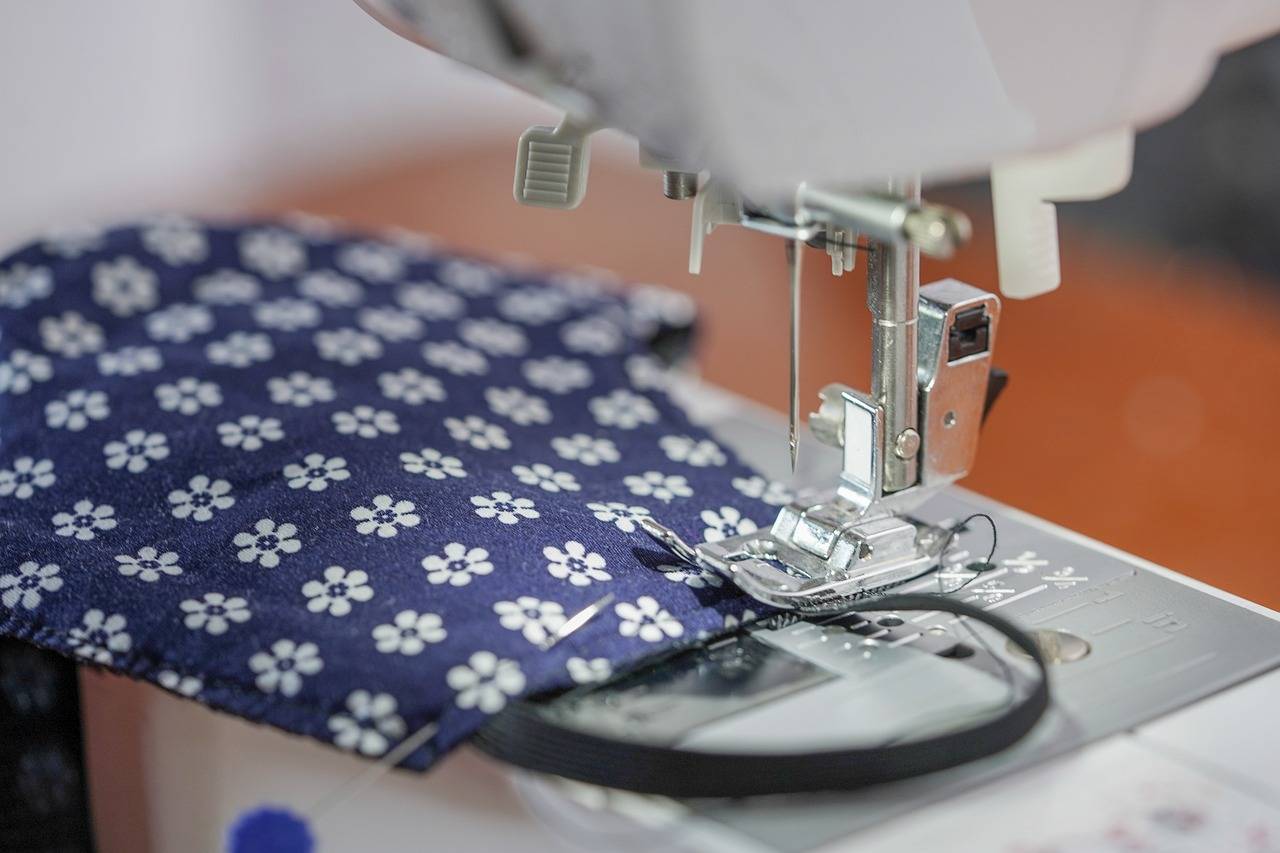Disability Etiquette and Communication: Promoting Respect and Understanding
betbhai com, playexch login, gold 365: One of the cornerstones of promoting respect and understanding for individuals with disabilities is proper communication and etiquette. It is essential to be mindful of how we interact with people with disabilities to ensure that everyone feels valued, respected, and included. In this article, we will delve into the dos and don’ts of disability etiquette and communication to help foster a more inclusive and supportive environment for all.
Being Mindful of Language
One of the most critical aspects of disability etiquette is being mindful of the language we use when referring to individuals with disabilities. It is essential to use person-first language, which emphasizes the person rather than the disability. For example, instead of saying “disabled person,” it is more respectful to say “person with a disability.” This simple change in language can help promote inclusivity and respect.
Avoid Making Assumptions
It is important to avoid making assumptions about a person’s abilities or limitations based on their disability. Each individual is unique, and their disability does not define who they are as a person. Instead of assuming what someone can or cannot do, it is best to ask them directly if they need any assistance or accommodations. This shows respect for their autonomy and allows them to communicate their needs effectively.
Respect Personal Space and Boundaries
Just like any other individual, people with disabilities deserve to have their personal space and boundaries respected. It is essential to ask for permission before offering assistance or support, as some individuals may prefer to be independent. Always respect their wishes and be mindful of not invading their personal space without their consent.
Use Clear and Direct Communication
When communicating with a person with a disability, it is crucial to use clear and direct communication. Avoid speaking down to them or using overly complicated language. Speak to them in a respectful and friendly manner, and make sure to give them your full attention. If necessary, ask them how they prefer to communicate or if they need any accommodations to facilitate better communication.
Offer Assistance Respectfully
If you notice that someone with a disability may need assistance, it is essential to offer your help respectfully. Instead of assuming what they need, ask them if they would like any assistance and how you can best support them. Always respect their autonomy and independence, and be willing to listen to their preferences and needs.
Be Patient and Understanding
Interacting with individuals with disabilities may require patience and understanding. Some individuals may have unique communication needs or require extra time to express themselves. It is crucial to be patient and allow them the time they need to communicate effectively. Remember that everyone communicates differently, and it is essential to be respectful of their individual needs and preferences.
FAQs
Q: How can I ask someone about their disability without being invasive?
A: If you are curious about someone’s disability, it is best to approach the topic with sensitivity and respect. You can ask if they are comfortable discussing their disability and if they have any preferences for how to talk about it. Remember to always respect their privacy and boundaries.
Q: What should I do if I accidentally offend someone with a disability?
A: If you unintentionally offend someone with a disability, it is essential to apologize sincerely and acknowledge your mistake. It is crucial to listen to their feedback and take steps to educate yourself on disability etiquette to prevent similar incidents in the future.
Q: How can I advocate for disability rights and inclusivity in my community?
A: There are many ways to advocate for disability rights and inclusivity in your community. You can support organizations that promote disability awareness, attend events that focus on disability rights, and educate others on the importance of inclusivity and respect for individuals with disabilities. By taking action and raising awareness, you can help create a more inclusive and supportive environment for all.







